Children near Fukushima more likely to suffer from thyroid cancer
Updated: 2016-05-23 10:39
(Xinhua)
|
|||||||||
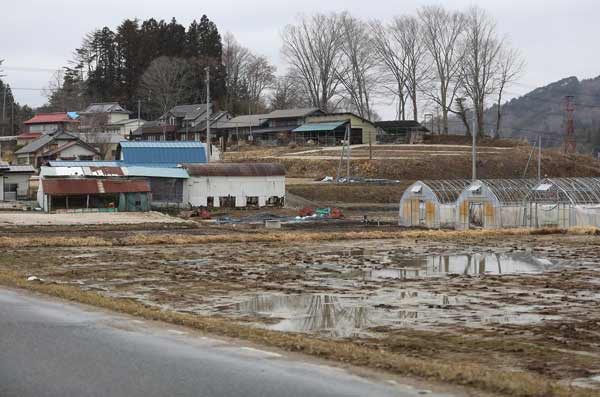 |
|
An abandoned farm and some houses are seen in Fukushima Prefecture in Japan in this June 14, 2015, file photo. [Photo/Xinhua] |
TOKYO -- Children living in Fukushima Prefecture in Japan are significantly more likely to suffer from thyroid cancer after the Fukushima nuclear disaster despite denial by Japanese authorities, according to recent reports.
The rate of children suffering from thyroid cancer in Fukushima Prefecture was as much as 20 to 50 times higher than the national average as of 2014, three years after the disaster, said Toshihide Tsuda, professor of environmental epidemiology at Okayama University.
More than 160 teenagers in Fukushima Prefecture had been diagnosed with thyroid cancer, including suspect cases, since the Fukushima Daiichi nuclear power plant was crippled by the monstrous quake-triggered tsunami in March 2011.
The number almost certainly increased with the passage of time, according to Tsuda's findings published in the electronic edition of the journal of the International Society for Environmental Epidemiology (ISEE) late last year.
On the fifth anniversary of the Fukushima nuclear crisis, the parents of the children thyroid cancer sufferers in Fukushima formed a mutual help group to demand the government provide convincing evidence that their children's sufferings were not related to the nuclear crisis.
The ISEE has sent a message to the Japanese government suggesting it to conduct detailed and continuous research on residents' health in Fukushima, but the government did not respond to the advice, Tsuda said.
The Fukushima prefectural government doubted the cases were related to the nuclear disaster and attributed the surge to "over diagnosis."
Some nuclear experts were surprised by the Japanese government's irresponsible and indifferent attitude.
Oleksiy Pasyuk, an expert on energy policy at the National Ecological Center of Ukraine, said that one of the main mistakes made by Japan in the aftermath of the accident was that the government had not stocked enough medicinal iodine tablets, which can prevent the absorption of radioactive material into the human body.
According to research by Fukushima University, about 3,500 trillion becquerels of radiative cesium-137 were discharged into the sea with toxic water since the disaster broke out and radiative material reached as far as the western coast of northern America.
Related Stories
Fukushima gets OK to freeze radioactive soil 2016-03-31 07:42
For rancher, Fukushima a lone call for defiance 2016-03-10 08:08
Japan's nuclear refugees face bleak return 5 years after Fukushima 2016-03-03 09:51
Former executives charged in Fukushima disaster 2016-03-01 10:36
Today's Top News
Wreckage of crashed EgyptAir plane found at sea
Still learning
EgyptAir denies finding wreckage of missing flight
China urges US to halt close surveillance
Debris found in sea in search for missing MS804
LinkedIn matches refugees with jobs
Top legislator foresees bright future for SAR
UN climate talks resume to write 'rule book'
Hot Topics
Lunar probe , China growth forecasts, Emission rules get tougher, China seen through 'colored lens', International board,
Editor's Picks
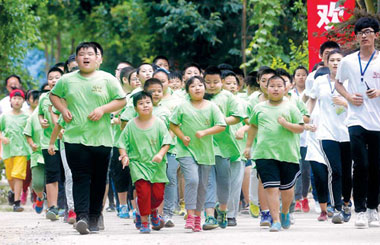
|

|
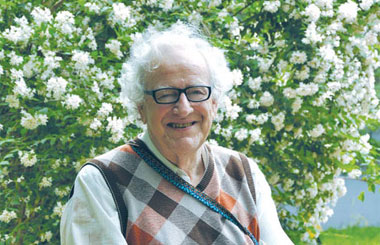
|
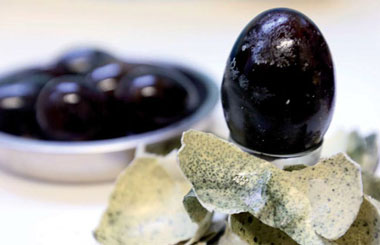
|
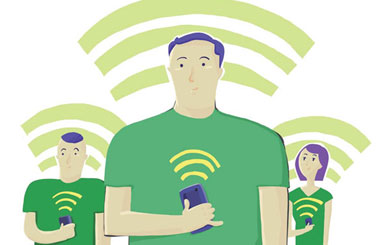
|

|







